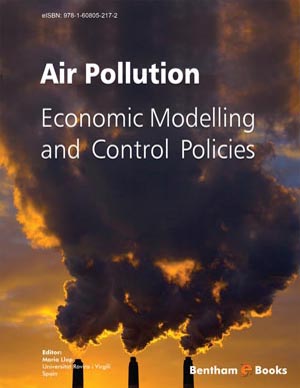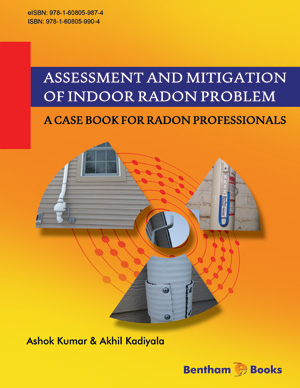Abstract
This book chapter evaluated the life cycle assessment (LCA) of a solar power system designed to meet university energy demand. A three-step approach was adopted and implemented in this study to determine the scope of using a solar power system as a sustainable renewable energy source. The three-step approach included: (a) design of a solar power system based on university energy demand, (b) review of published solar energy LCA studies to identify appropriate material-based solar cell for consideration in design, and (c) performing economic input-output LCA (EIO-LCA) of the designed the solar power system to understand the environmental impacts. The design of solar power system in this book chapter was based on the actual peak monthly energy demand of 397,911 kilo watt-hours from select facilities within Prairie View A&M University, Prairie View, Texas. This study adopted the use of crystallinesilicon (c-Si) solar panels on the basis of optimal energy efficiency with respect to pricing. The designed solar power system comprised of 27,089 ZBR-280P mc-Si solar panels, 1,957 Rolls 1,284 ampere-hour battery banks, 1,529 PST-240 1000 watt inverters, 10,283 Sunforce-60022 30 ampere solar charge controllers, and 27,089 solar panel universal mounts with folding tilt legs. EIO-LCA results of the designed solar power system indicated a total release of 14,241 metric tons of CO2 equivalent GHG emissions and 170 tons of conventional air pollutants. This book chapter provides detailed insights on the design and LCA considerations for use by educational institutions when consi-dering the adoption of solar power systems to go green.
Keywords: Design of solar power systems, EIO-LCA, Graduate class, Life cycle assessment, Renewable energy, Solar energy, Sustainability assessment.












